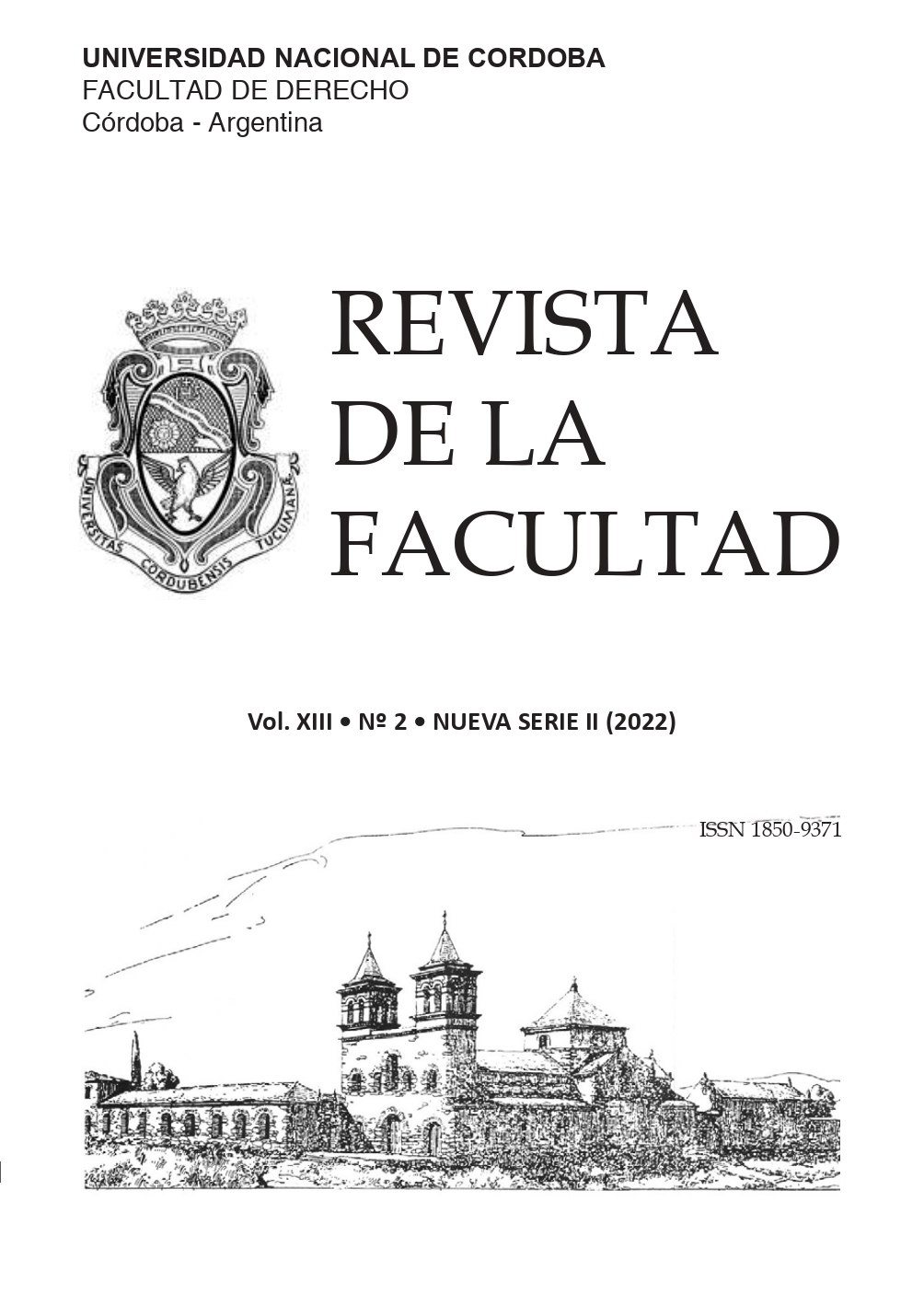RESPONSIBILITY AND PROFFESIONAL HONESTY TO STOP THE APOCRYPHAL AND POLITICAL USE OF THE MOST RELEVANT ECONOMIC THEORIES: ARGENTINIAN CASE
DOI:
https://doi.org/10.31054/2314.3061.v13.n2.43094Keywords:
Economic theories, Responsibility, Professional Honesty, Crisis, Decadence, Delusion, DisenchantmentAbstract
Our economic history, especially throughout the last 80 years, despite the main figures of that time or the genesis that gave rise to the different governments that existed, is formed by an endless miscalculations and contradictions chain. This fact is easily verifiable through the recognition of the Argentinian steep decline, which took us from a prestigious worldwide tenth place of development
in 1914, to our current insignificant Gross Domestic Product, with an inconsequential international trade, large inflation rates and high poverty and indigence levels. Since the period is too extensive, I have decided to circumscribe the period from the beginning of the military dictatorship of 1976 to date. Nevertheless, to avoid an excess of information that could become tedious and extended that would attempt to an enjoyable reading, it will be divided in two parts. The first part will go from 1976 to 2001 and the second, planned for a new paper, from 2002 to the present. The main intention of this paper is to stand out and prove the apocryphal and contradictory use of the most traditional and well known economic theories in Argentina. In this way, I will review the “native” versions, either liberal, Keynesian or populists, demonstrating the lack of rationality in its use and the damage made in the economic and social evolution of our country.
Downloads
Published
Issue
Section
License
Copyright (c) 2023 Facultad de Derecho. Universidad Nacional de Córdoba

This work is licensed under a Creative Commons Attribution-NonCommercial-NoDerivatives 4.0 International License.
La publicación del artículo implica la donación de los derechos de autor a la Facultad de Derecho, conservando el autor su derecho a utilizar el artículo en publicaciones de su autoría o páginas web referidas a su trayectoria. Para el caso de otro tipo de publicaciones, antes de su utilización, deberá obtener autorización de la facultad.


